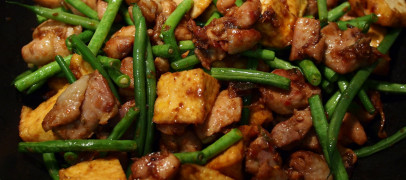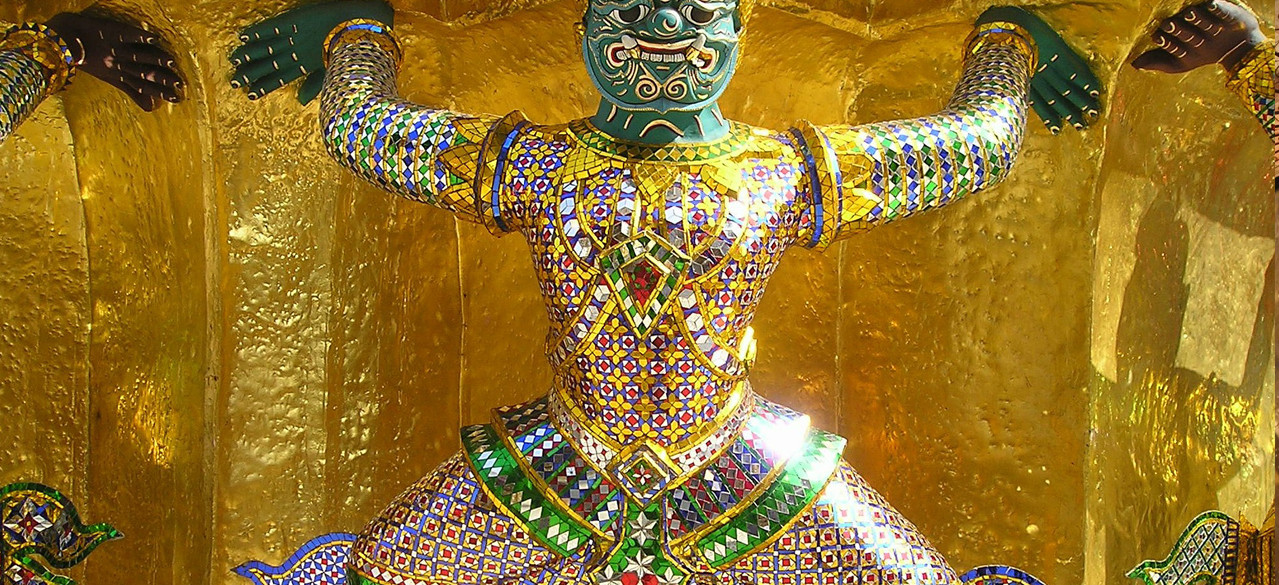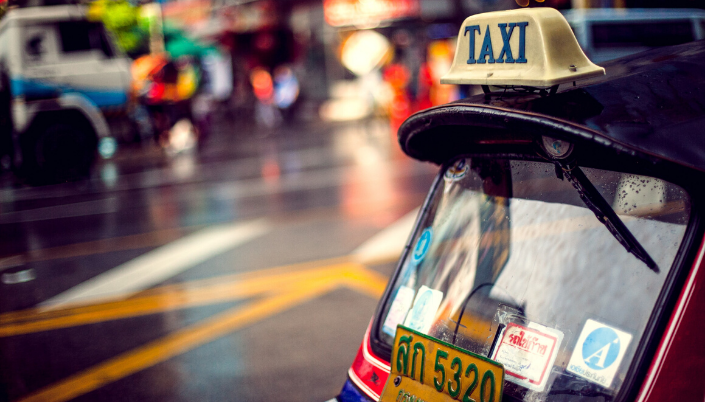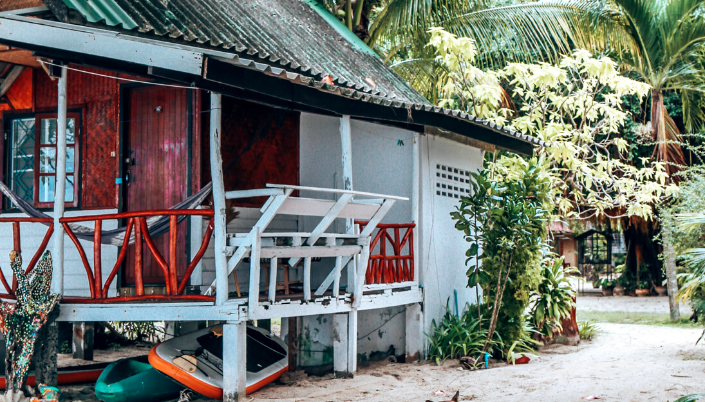

Thailand: Know Before You Go
10 Apr 2009 by Olga Brighton
Find useful traveling information below on currency and tipping, healthcare and housing, and much more. Travel safely with Globelink!
Currency in Thailand
The money item in Thailand is "buht" Banks adjust their exchange rates on a daily basis, in line with international money markets, and usually offer the best rates. Hotels and some shops also offer exchange services usually at less favourable rates. Banking hours in Thailand are 8.30 am to 3.30 pm Monday to Friday. You will find currency exchanges at all major tourist areas. These are open daily from 9.00am until around 6.30pm, with some staying open until late evening.
Tipping in Thailand
Tips are accepted only in tourist places. Porters - 5-10 bahts Taxi drivers - 5-10 bahts Guides and workers in the hotel - 10-20 bahts per day Service charge in restaurant - 10%

Weather in Thailand
Thailand's tropical climate is divided into three seasons: cool in November to February, hot in March to May, and rainy in June to October. Average temperatures are about 29?° C. In Bangkok it ranges from 35?° C in April to 17?° C in December. The northern region can be a bit cooler during the cool season, so visitors are advised to pack a sweater or light jacket at this time. Closer to the equator, the southern peninsula of Thailand has little seasonal variation in climate with rain almost everyday. The best time to travel to Thailand is when the weather is cooler during mid-October to early March. It's OK to visit off-season too as the temperature is generally moderate throughout this period and there are always lots of festivals and activities all-year-round.
Healthcare in Thailand
The average life expectancy of people in Thailand is 70 years. The best health facilities are concentrated in Bangkok; however, a network of health centers, hospitals and clinics does exist in regional areas. Traditionally, malaria had been a major health problem in Thailand. Major infectious diseases: food or waterborne diseases: bacterial diarrhea and hepatitis A; vectorborne diseases: dengue fever, malaria, Japanese encephalitis, and plague are high risks in some locations; animal contact disease: rabies; water contact disease: leptospirosis (2004).

Housing in Thailand
Arriving to Thailand you first of all will need a place to live. For foreigners it is important to know what is available for them and what prices they can expect. You are recommended to rent a room at the hotel for a month and look around and only then you would be able to make right decision. Location is everything. Bangkok is well known for its traffic jams.
There is a number of other factors which play an important role in decision making, for example: Security (guard yes/no) Facilities (Swimming pool, Fitness Center, Sauna etc...) If it is furnished?
When renting: Condominium / Apartment (5,000-25,000 Baht) Town Houses (Between 15,000-35,000 Baht/Mont) Houses (between 20,000-100,000 Baht/Month) Service Apartment (25,000-100,000 Baht) Hotels (15,000-150,000 Baht)
Buying: The Thai law prevents foreigners from owning land except in some special cases or if you buy the property on a Thai business name.
Read also: 14 Things That Will Surprise First-Time Visitors to Thailand
We accept

